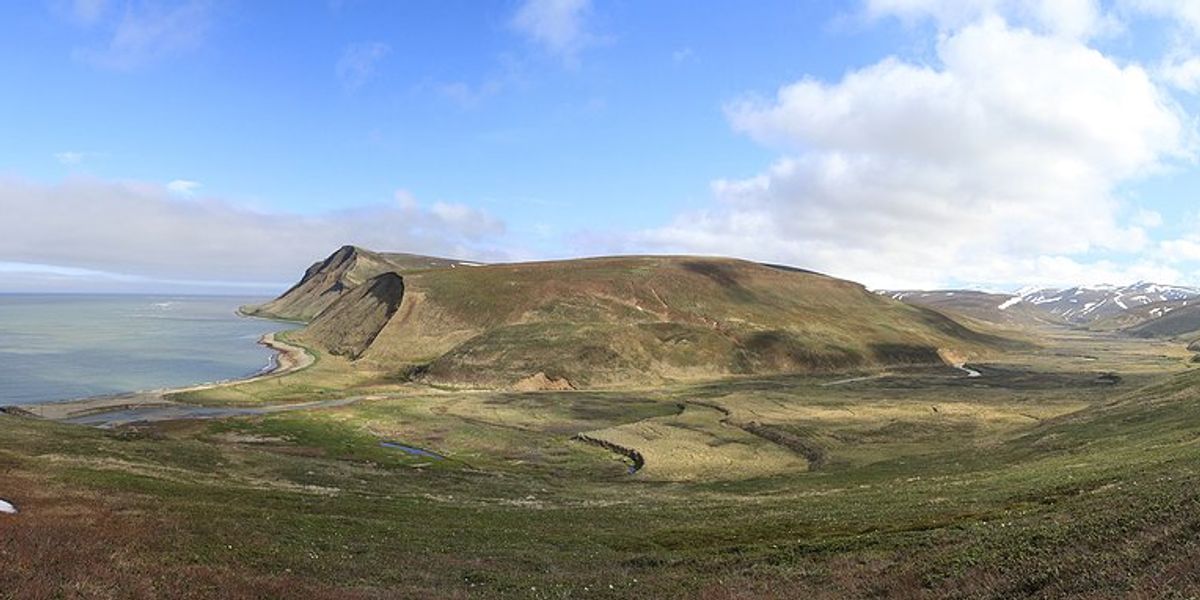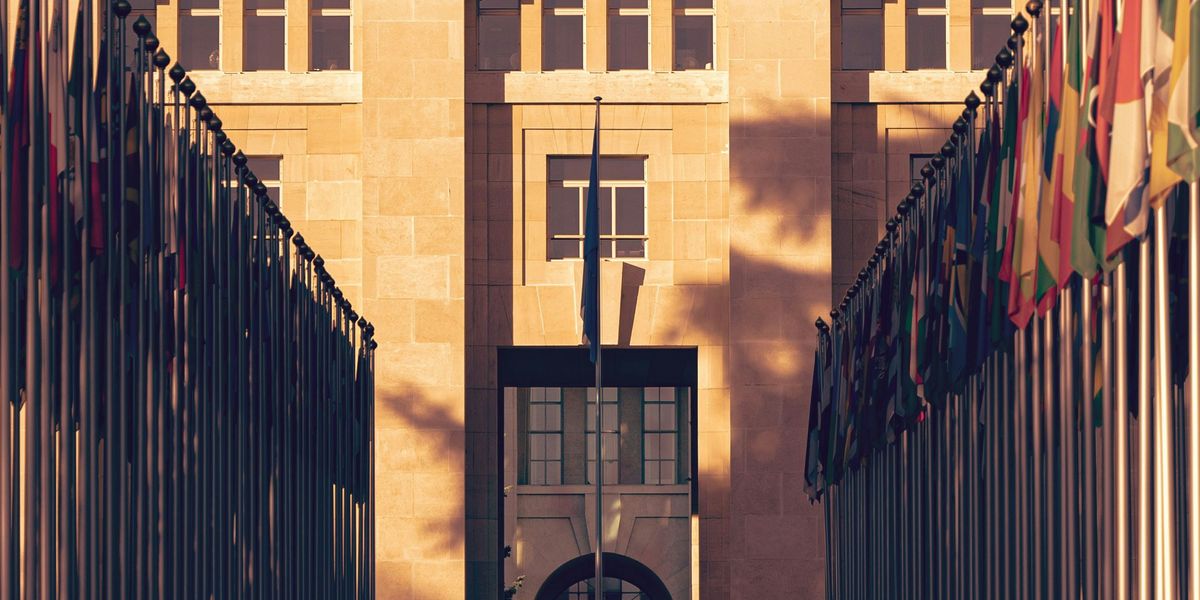green deal
Editorial: Environmental policies losing voter support amid economic concerns
Voter support for environmental policies is waning due to rising economic concerns, jeopardizing climate change initiatives.
In short:
- The European Greens lost over a quarter of their seats in the recent European Parliament elections.
- New York Governor Kathy Hochul halted a congestion pricing project aimed at reducing pollution and funding public transit.
- Environmental policies are facing resistance as voters prioritize economic issues like inflation and energy prices over green initiatives.
Key quote:
"Voters are not yet convinced that the effort is worth the costs."
— The Editorial Board, The Washington Post.
Why this matters:
This change in voter priorities could stall or even reverse critical climate legislation. For scientists and regulators, this presents a daunting challenge: how to convey the urgency of climate action in a way that resonates with an economically stressed populace.
European election results could hinder ambitious climate policies
Recent gains by far-right parties in the European Parliament elections may obstruct efforts to implement more ambitious climate policies, though key net-zero commitments are expected to persist.
In short:
- The European Green Party suffered significant losses, while far-right parties made substantial gains in the recent European Parliament elections.
- Voter concerns about the cost-of-living crisis and geopolitical tensions have taken precedence over climate change, impacting election outcomes.
- Despite the political shift, researchers believe core climate goals like the European Green Deal are likely to remain intact.
Key quote:
"I don't think that there is going to be appetite to completely ditch the Green Deal."
— Richard Klein, Stockholm Environment Institute
Why this matters:
The shift in political power within the European Parliament may slow the advancement of stronger climate initiatives, affecting long-term environmental targets. Understanding these changes is important, as they may influence the EU's approach to climate policy and international environmental leadership.
Ursula von der Leyen's Green Deal struggles amid election campaign
Facing an election and multiple crises, Ursula von der Leyen has downplayed her Green Deal achievements to appease various factions within the EU.
In short:
- Ursula von der Leyen, European Commission president, has minimized her climate agenda amid electoral pressures.
- Manfred Weber and the EPP have heavily opposed her Green Deal, reflecting broader conservative dissatisfaction.
- Interviews reveal von der Leyen's covert efforts to advance her climate policies despite public concessions.
Key quote:
"If a leader is playing both sides — something that we are experiencing now — you have a problem."
— Teresa Ribera, Spanish Deputy Prime Minister
Why this matters:
Von der Leyen's maneuvers highlight the political challenges of sustaining ambitious climate policies in the face of economic and electoral pressures. The future of the EU's climate agenda may hinge on the upcoming election and von der Leyen's ability to navigate internal party conflicts. Critics, however, warn that de-emphasizing the Green Deal could jeopardize the EU's leadership role in global climate action.
Far-right gains threaten the EU's environmental policies
Member of the European Parliament Philippe Lamberts warns of the potential collapse of the EU's green deal due to rising far-right influence.
In short:
- The EU green deal aims to restore biodiversity and improve environmental health but faces jeopardy from far-right parties, prominent member of the Green group, Philippe Lamberts, said.
- Recent legislative efforts on nature restoration and pollution controls have been weakened or discarded ahead of EU elections.
- Criticism is directed at centrist politicians, including French president Emmanuel Macron, for adopting far-right rhetoric, which may endanger environmental initiatives.
Key quote:
"The likelihood of [the far right and right] killing the green deal is very high. I mean, they make no mystery that after winning the ideological battle on asylum and migration their next target is the European green deal, and what they call the ‘woke’ economy."
— Philippe Lamberts, co-president of the Green group of Members of the European Parliament.
Why this matters:
Far-right parties often prioritize national interests and economic concerns over environmental goals. This is a critical moment for the EU, as the upcoming elections could decisively influence the region's ecological and public health future.
Meanwhile in the U.S., the Supreme Court has taken a brazen anti-regulatory turn. It’s our planet and health that will suffer, argues Peter Dykstra.
Arthur Neslen: EU retreats from environmental commitments amid far-right pressure
The EU has been backpedaling on its environmental promises, yielding to agribusiness and far-right demands, risking future ecological stability.
In short:
- The EU has scrapped initiatives aimed at reducing pesticide usage, protecting nature, and curbing toxic chemicals due to external pressures.
- This rollback is partly in response to fears of a far-right surge in upcoming elections, despite potential long-term environmental consequences.
- The EU's deforestation law, a critical part of its green agenda, faces threats of dilution, raising concerns about global forest conservation.
Key quote:
“Von der Leyen risks obliterating her last remaining achievement on land use over the last five years. There is already almost nothing left of the green deal.”
— Julia Christian of the forest conservation group Fern
Why this matters:
The recent electoral successes of right-wing parties are expected to influence the European Union's political priorities and policy initiatives, with potential shifts toward more conservative positions on issues like environmental policies.
A new vision for public housing in America
Lawmakers unveil a bold plan to revamp public housing with a green twist, aiming to address environmental and accessibility issues.
In short:
- The proposed legislation seeks to repeal the 1999 Faircloth Amendment and allow for the expansion of public housing.
- It emphasizes clean energy improvements and aims to ensure unionized jobs in the process.
- Despite potential legislative hurdles, the move aims to shift the conversation on housing policy, which Democrats see as a winning political issue, to the left.
Key quote:
“Right now, we have an entire generation — that is ascending into becoming the most powerful electorate, the largest electorate — for which [home ownership] is decades away.”
— Rep. Alexandria Ocasio-Cortez (D-N.Y.)
Why this matters:
In addition to housing affordability, the integration of green energy into affordable housing projects is gaining traction, guided by both technology advancements and policy shifts. Trends for the upcoming year include a strong emphasis on sustainability through passive house design, sustainably sourced materials and site selections that promote resilient communities.
Be sure to read MỹDzung Chu’s piece arguing that housing security is key to environmental justice.



















